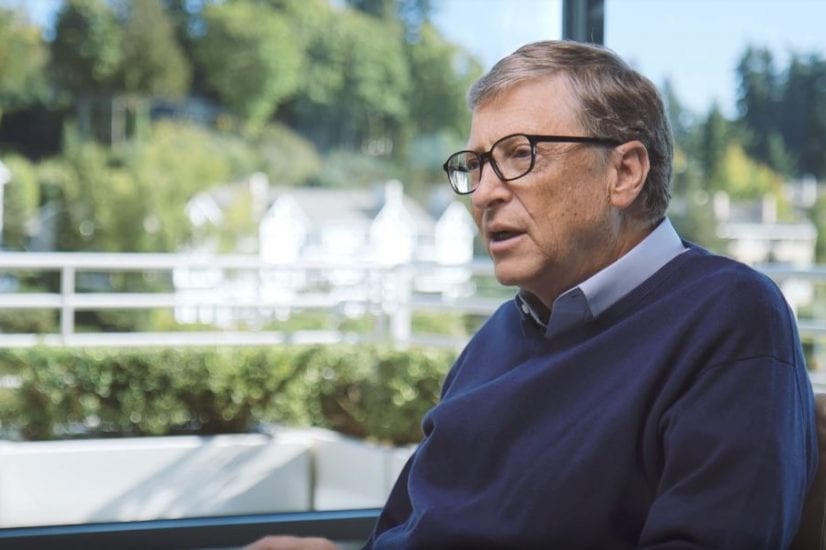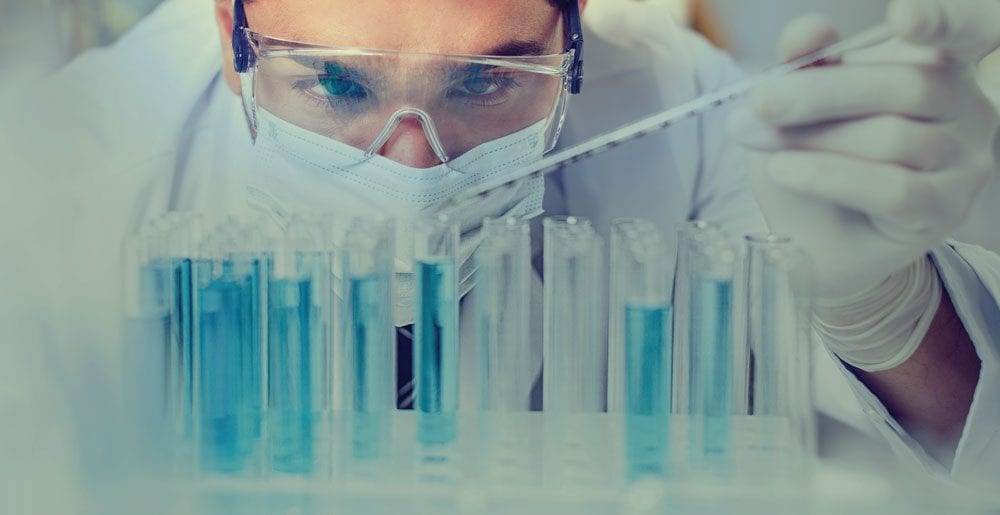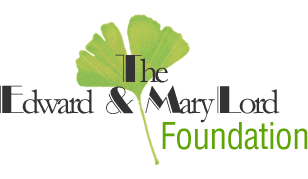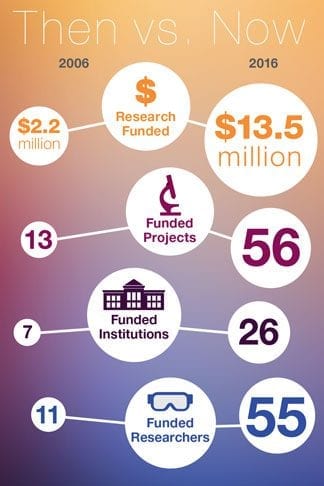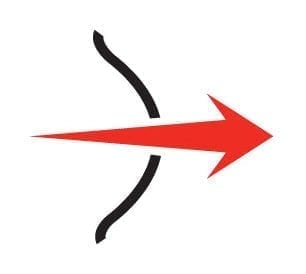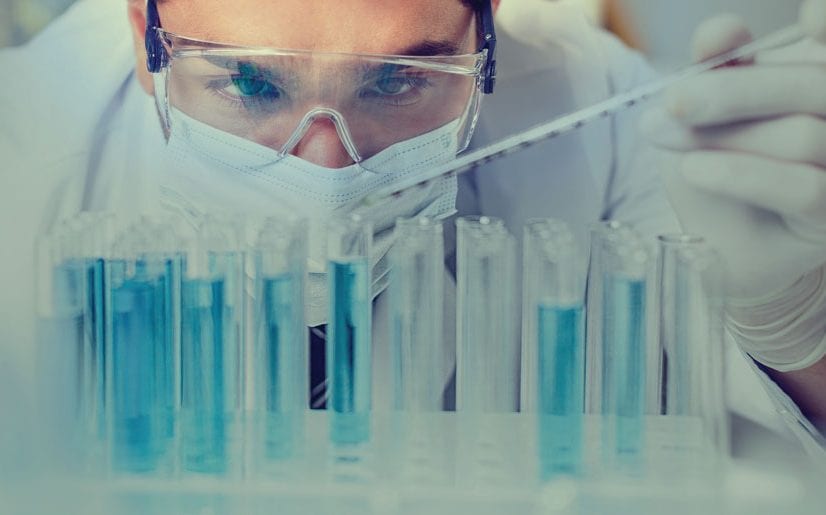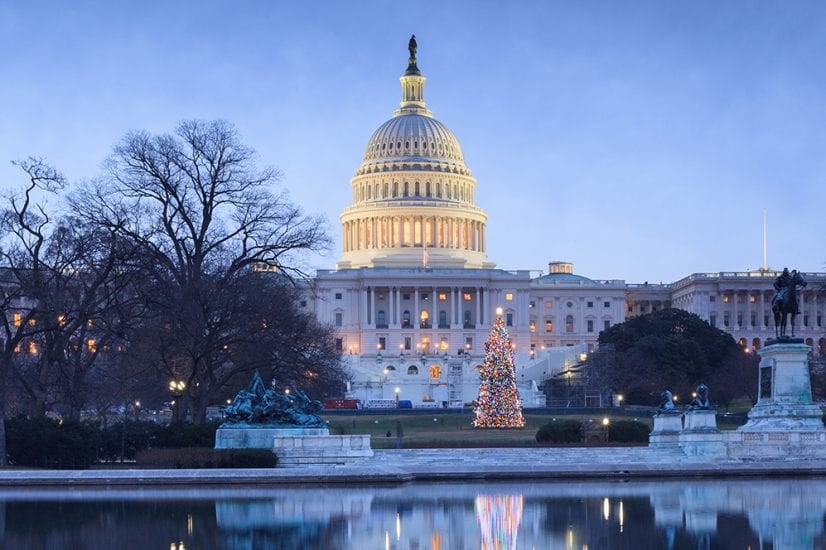Thanks to the generosity of our growing donor base, in 2015 Cure Alzheimer’s Fund reached $10 million in research grants in a single year for the first time. Since our inception, we have provided $38 million to the field’s top scientists to accelerate their pursuit of a cure. We are thrilled with their progress and honored by our donors’ trust in us, but there is still much work to be done.
The launch of the Genes to Therapies™ (G2T) program far exceeded our expectations, helping us to immediately investigate a larger number of Alzheimer’s-linked genes than originally planned. Researchers at a variety of world-class institutions are investigating how the functions of these genes increase or decrease risk of disease and affect age of onset, and how their different variants alter those functions. Being able to pursue these strong leads simultaneously, rather than sequentially, greatly accelerates our progress toward a cure for this highly complex disease. Thanks to the generosity of our supporters, we will continue to deepen and increase our current investigations as the Alzheimer’s puzzle picture emerges from all its different genetic pieces.
While annual funding activity has grown, Cure Alzheimer’s Fund’s commitment to funding only the most promising research has not changed. CAF’s proposal reviewers, all world-class scientists, will continue to assess each research project with the same rigor and scrutiny they always have. We will continue to recruit top researchers who have emerged as leaders in their field and who bring relevant experience to our team. And we will continue to explore new areas of inquiry, which will help us develop successful therapies faster.
“Our Research Consortium and Scientific Advisory Board members are to be applauded for their increasing responsibilities and involvement,” said Meg Smith, senior advisor, strategy and special projects, Cure Alzheimer’s Fund. “We would not be where we are today without their dedicated volunteer efforts.” And thanks to our donors’ generous support, we are more optimistic than ever about getting to a cure.
